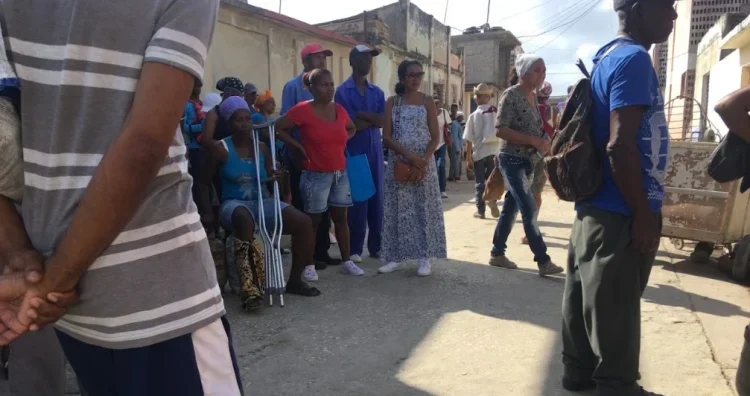Carolina Gomez Mena and Laura Poy Solano
The newspaper La Jornada
Monday, September 2, 2024, p. 19
The 16th Regional Conference on Women in Latin America and the Caribbean, which will take place in Mexico next year, will be a great milestone
said Ana Güezmes, director of the Gender Affairs Division of the Economic Commission for Latin America and the Caribbean (ECLAC), and the construction of care systems will be the central theme of the meeting in which the 33 countries of the region will participate.
In an interview with The Day She indicated that this summit will be held 50 years after the World Conference of the International Year of Women held in Mexico, and that she will now host the meeting with a woman in the Presidency, Claudia Sheinbaum, and a Secretariat for Women, headed by Citlali Hernández.
In the past 50 years we have made progress in legal frameworks and a thought of equality, the so-called formal, now the challenge is the substantive
of the full exercise of the rights and opportunities of women and girls.
The health physician, who has held senior positions at UN Women, said that the expectation is that authorities from the host country will attend the conference. We are in a care crisis; we must build care societies; this must be done with a sense of urgency, and we will come to Mexico to discuss this with the president (Sheinbaum), with the secretary (Hernández) and with the countries. We will arrive with hope.
.
The 2022 National Survey for the Care System indicates that in Mexico 58.3 million people are eligible for care, and that 77.8 percent of households have members eligible for care. Among them, 4.9 million people with disabilities or dependency and 12.4 million older adults.
According to the statistical exercise of the National Institute of Statistics and Geography, 38.5 percent of people with disabilities and 77.6 percent of adults aged 60 and over have unsatisfied demand for care.
Those who care the most are women, So, we are losing a huge amount of talent and capacity, and that is expressed in low labor participation.
and regretted that Motherhood remains a tax that we women pay in terms of time, wages and resources. The main lawsuits in Latin America and the Caribbean are child support
.
Given the unfair distribution of care, it is essential to involve men. Figures from ECLAC show that at the beginning of the decade, women in the region spent between 22 and 42 hours a week on domestic work and caregiving. In the case of Mexico, the average was 42.8 hours a week, unpaid work time, and men only 16.9 hours.
“Not only does politics have to change, but stereotypes and social norms have to change,” said Güezmes.
Together with the International Labour Organization, ECLAC is studying mandatory paternity leave and care leave.
In addition to an unequal distribution of these tasks, he explained that in the region There is very little development of emergency leave. People in Latin America take vacations to resolve family problems; that has to change.
ECLAC is confident that Mexico will arrive at the summit with significant progress, because the future president is putting the care agenda at the center
Among the government commitments of the president-elect is the creation of the National Care System.
The intention, he mentioned, is generate a great tide of care
that leads to the care society; a profound change that guarantees an inclusive and more productive future; we are talking about the reproduction of life, the workforce and the well-being of the population
.















